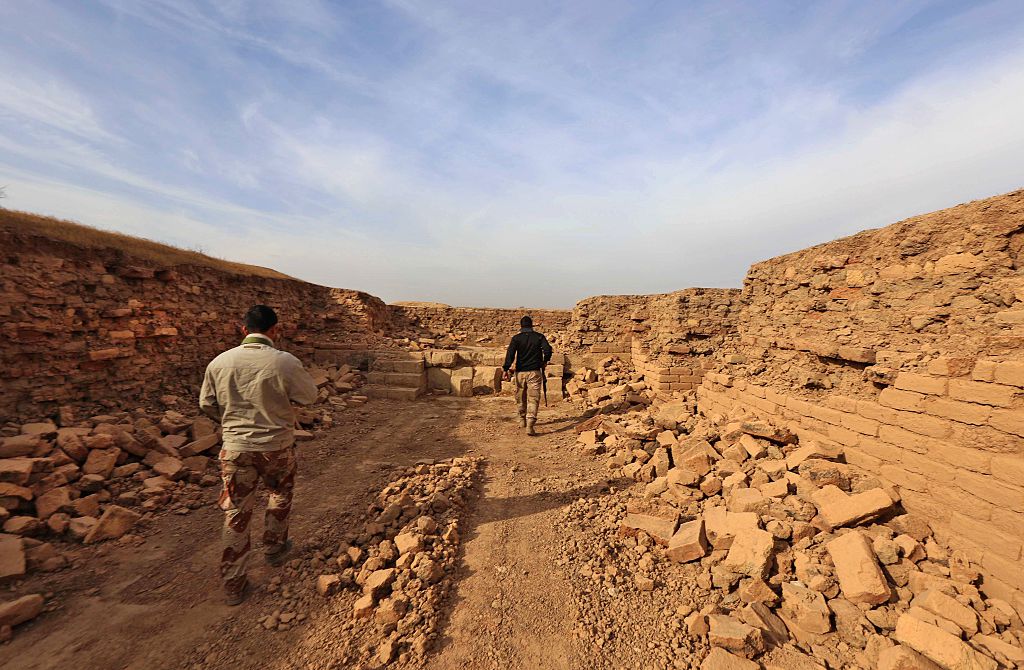
In the wake of recent ISIS attacks on cultural heritage—in particular, the February 2015 destruction of artifacts in the Mosul Museum, and the razing of the ancient city of Nimrud—France announced on November 30 that it will jump on board with the Second Protocol of the Hague Convention, an international treaty aimed at protecting artifacts and sites of cultural heritage in battle zones, the Art Newspaper reports.
Officially the Hague Convention for the Protection of Cultural Property in the Event of Armed Conflict, it was the first international treaty to protect cultural heritage, introduced in 1954. A response to the damage suffered by cultural property in World War II, it outlined general provisions for protecting “property of great importance to all people” including significant buildings, works of art, books, archeological sites, scientific collections, museums, and archives in times of war.
The Second Protocol was introduced in 1999, updating the original terms to reflect their failures to protect cultural property in the Gulf and Balkan Wars, most notably extending protection to extraordinary sites like the Palace of Versailles, the Louvre, or the Taj Mahal, and including civil wars in the terms.
It was signed by 38 states including Austria, Egypt, Germany, the Holy See, Italy, Pakistan, Qatar, Spain, Syria, and Yemen. A number of states joined later, but notably the US, UK, and France stayed off.
Previously, the Art Newspaper reported that the UK had introduced a bill to ratify the original Hague Convention, plus its two protocols. None of the five permanent members of the UN security council—China, France, Russia, the UK, and the US—have yet ratified all three.
In March 2015, Jean-Luc Martinez, director of the Louvre, recommended the French ratification of the Second Protocol, after President François Hollande asked him for a report on how ISIS’s ruining of cultural artifacts and sites could be stopped. Now, France will officially join the treaty.
Yesterday began a conference in Abu Dhabi hosted by France and the UAE dedicated to discussing how to better safeguard historic sites from destruction and looting.